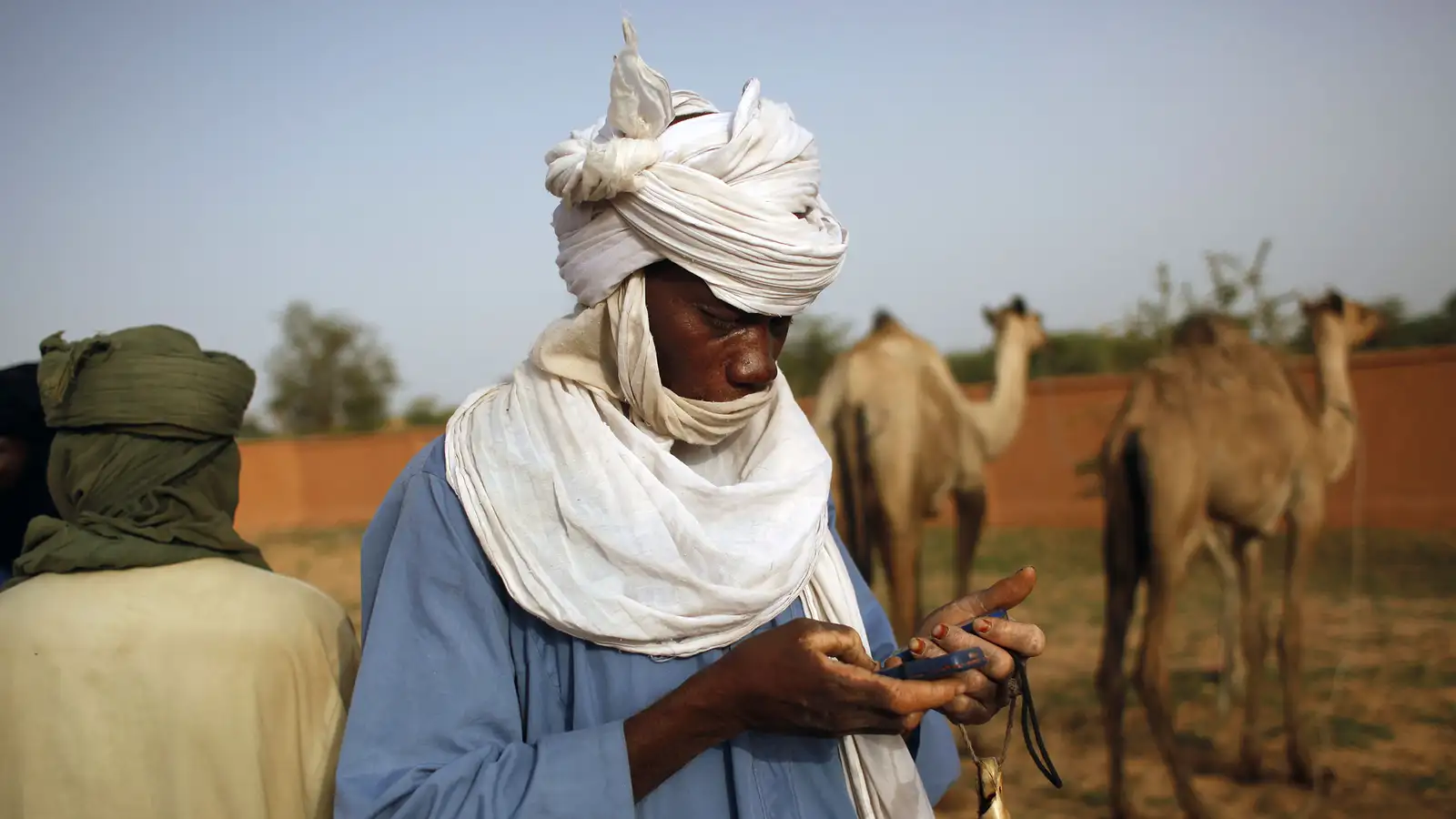More than 230 million people can now access Wikipedia for free (i.e., without paying data charges) on their mobile phones as the collaboratively edited website expands its “Wikipedia Zero” strategy into Saudi Arabia. That’s a big deal for emerging markets where many mobile subscribers spend between 8% and 12% of their income on pre-paid mobile plans.
Facebook pioneered the practice of partnering with as many regional mobile telecommunications companies as possible, and the strategy is integral to Facebook’s attempt to acquire its next billion users by convincing people that Facebook and the internet are the same thing.
One of Wikipedia’s stated goals is to reach 1 billion people by 2015. That means creating as much content in other languages as possible and then removing all barriers to access.
The Wikimedia Foundation’s latest deal is with Saudi Telecom, which is owned by the Saudi government, a regime that has often resorted to drastic measures to block its own citizens’ access to portions of the internet.
Here are the countries in which Wikipedia Zero is currently available:
- Uganda – launched April 4, 2012
- Tunisia – launched April 24, 2012
- Malaysia – launched May 21, 2012
- Niger – launched July 2, 2012
- Kenya – launched July 26, 2012
- Montenegro – launched August 10, 2012
- Cameroon – launched August 16, 2012
- Ivory Coast – launched September 28, 2012
- Thailand – launched October 11, 2012
- Saudi Arabia – launched October 14, 2012
